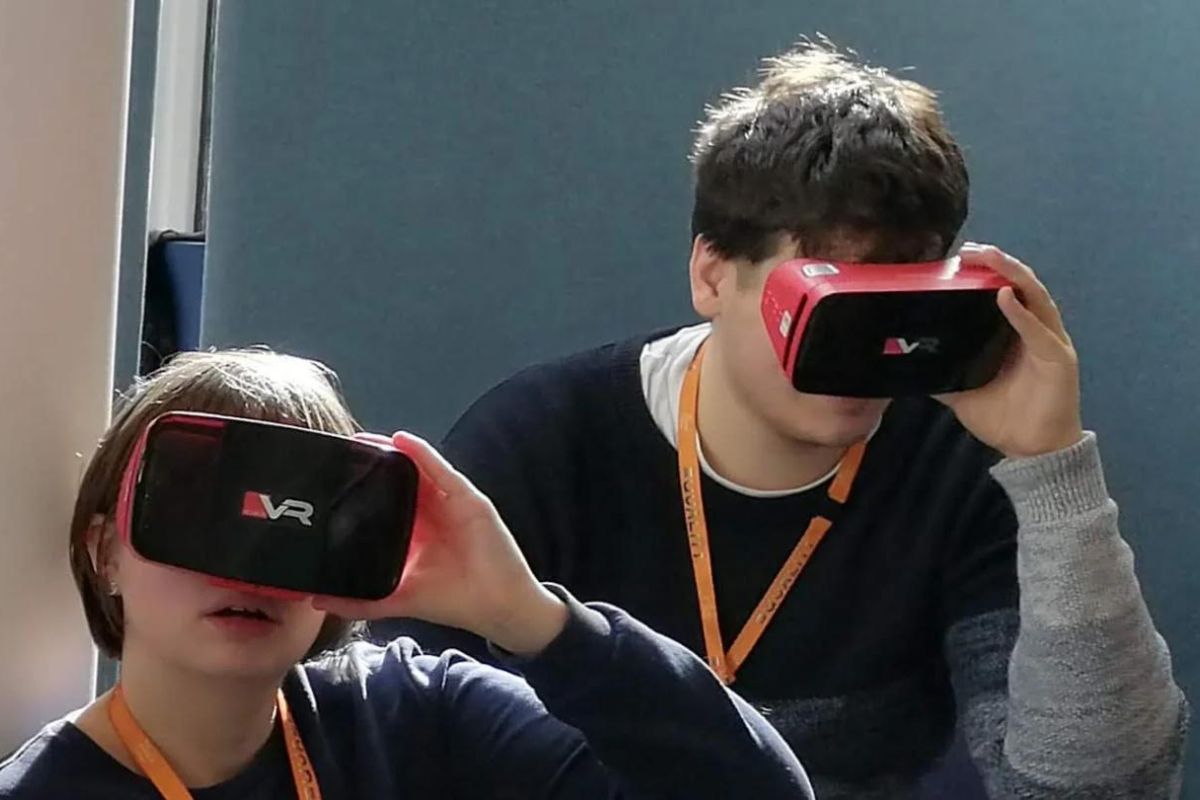“Enough snowflakes can create an avalanche” – Shakira Martin

The NUS president won her second term in office with the pledge to ‘get real about education’. In this exclusive interview she lays out the values, issues and challenges at the heart of her presidency.
“Adversity, not university, got me here,” declares Shakira Martin. As only the second NUS president not to have gone to university (and the first black female president), she is unswerving in her commitment to further education.
Having won her second term as president in March, Martin is determined to make sure that the voice of the 65-75% of NUS membership that is from the FE sector is heard.
“I want to get FE recognised for the excellent work it does in transforming and saving lives,” she says. “My FE college saved me; I would not be the person I am today without it.”
A difficult family background had led to Martin leaving home 12 days after her 16th birthday and leaving school with one GCSE, in RE. Edgy times followed until a bad experience with a sexist employer led her to take a leadership in management course at Lewisham and Southwark College in 2011. She has made her way from there – while also bringing up small children, who are now still only five and seven years old, by herself.
The way her intersectional identities shape who she is as a person and as a leader are both a challenge in terms of how Martin is perceived by others – “I found that quite difficult, not being the typical kind of student leader” – but are also at the heart of what she brings to the role.
“Energy. A different type of energy,” she says, immediately. “Being myself. Although I might talk and look different, there is something that is relatable and authentic to people who may not have had any direct experiences of what I’m saying, and it lets them empathise and think a bit differently. I am a straight to the point person, no beating around the bush. Within this sector we have stats and facts and spreadsheets and percentages but I want to bring the real life experience of barriers and challenges – and successes and progresses – to the forefront of the decision-makers.”
Shakira’s opening keynote at Digifest 2018
https://www.youtube.com/watch?v=rgWb9J996L4
She made delegates at this year’s Digifest conference powerfully aware of one of those barriers when she gave the keynote opening address. Having drawn the biggest crowd into the Birmingham International Convention Centre auditorium that Jisc has ever seen, she suddenly asked the audience, “hands up who’s got a passport!” To murmurs of surprise a forest of arms were raised. Pretty much 100% of Digifest delegates possess one.
Martin then starkly set out the consequences of a university entry system that assumes, much as this audience did, that owning a passport is a given. Not where Martin comes from, she explains. Passports cost at least £75.50. How many families on tight budgets, who may have more than one child (Martin herself has nine siblings), are going to spend that much money on a passport when they are unlikely to go on foreign holidays? Yet to get student finance, the assumption is that you have a passport you can use to prove your identity. It’s a barrier. Yet another barrier, says Martin.
“I speak to students every single day for whom this is a reality; it’s not just a few who are affected. It’s about the 17% of FE students who progress to HE, who probably never thought they would. And for students who have siblings close in age, it’s putting burdens on the parents and they are disadvantaged before they have even accessed university. Why can’t the university entrance system find some way to verify identity digitally?”
This campaign ties in with what she says is her top priority in her role: “making education truly accessible for everyone – and part of this is recognising that students are not all 18 year olds going off to university.” She is passionate about acknowledging the diversity of the student population and expresses anger at the notion of ‘the student experience’ – “it’s not one blanket or duvet that we can cover over and say ooooh, all your barriers and problems will be sorted” – preferring instead to talk about ‘a’ student’s experience and how to support each student’s experience.
She launched the NUS Poverty Commission last September to address the barriers working class students face in regard to access and success in post-16 education. Through that, she identified a ‘poverty premium’ under which working class people are penalised by having to pay higher costs to access post-16 education. The commission’s recommendations include the introduction of a minimum living income for students across FE, HE and apprenticeships, and the reinstatement of grant funding across FE and HE, including maintenance grants for undergraduate students. She calls on the government to address these issues through the post-18 review, particularly highlighting the disproportionate effect that the change from maintenance grants to loans has had on part-time students.
The commission found that dropout rates are highest among working class students, with a third of part-time students and 10.3% of black students leaving before their second year of study. There is, of course, also a link between poverty, mental health and drop-out rates, and Martin is keen to address how mental health – and its stigma – may interact differently with different groups of students. She points out, for example, that there is very much a stigma around mental health issues in black and minority ethnic communities, that learners in FE colleges may find it harder to get support – “you shouldn’t have to be privileged enough to access higher education to be able to identify mental health issues and get the support you need” – and that there is a particular issue with apprentices and how mental health policies are, or are not, embedded within the workforce for degree apprenticeships.
For Martin, work such as the Poverty Commission with its focus on barriers, class and accessibility to education in the UK are at the heart of her presidency and part of her bid to shift the NUS’s emphasis firmly onto how students “get in and get on”.
One of the greater challenges she sees for her second term is to restore credibility to the NUS and student movement. “It’s been very divisive over the last few years so it’s about bringing unity and credibility back to NUS from our members, the sector and society as a whole. Everyone knows what the NUS is against – I want people to know what we’re for.”
She is hoping that her own non-typical background (for the NUS, anyway) will help to bring on board those who might previously have thought that student politics was not for them.
“I’m different. I want to be different. I want to change the face of politics. It’s so disengaging when you look on TV and you don’t see anyone that either looks like you or sounds like you. I want to bring a whole new generation of students from diverse backgrounds to get politically engaged and take part in democracy – it’s their democratic right. You’ve got to be in it to change it.”
As for the jibe that today’s students are snowflakes, “They can call us snowflakes but they need to realize that enough snowflakes can create an avalanche. The last election showed how much young people are politically engaged. The government needs to be ready to face the fundamental issues or pay the price at the ballot box,” she warns.












Responses